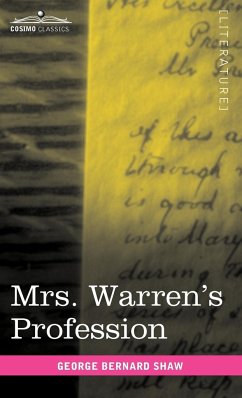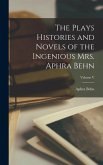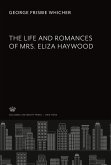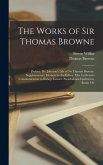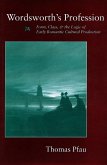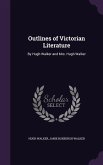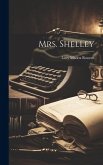Middle-aged Mrs. Warren is a madam, proprietress of a string of successful brothels. Her daughter, Vivie, is a modern young woman, but not so modern that she's not shocked to discover the source of her mother's wealth. The clash of these two strong-willed but culturally constrained Victorian women is the spark that ignites the ironic wit of one of George Bernard Shaw's greatest plays, a withering critique of male domination, sexual hypocrisy, and societal convention. Initially banned after its 1893 publication with its startling frankness, Mrs. Warren's Profession remains a powerful work of progressive theater. Irish playwright George Bernard Shaw (1856-1950) won the Nobel Prize in Literature in 1925 and an Academy Award for Adapted Screenplay in 1938, the only person to achieve both honors. Among his many renowned plays are Arms and the Man (1894), Candida (1894), Man and Superman (1903), Major Barbara (1905), and Pygmalion (1913).

